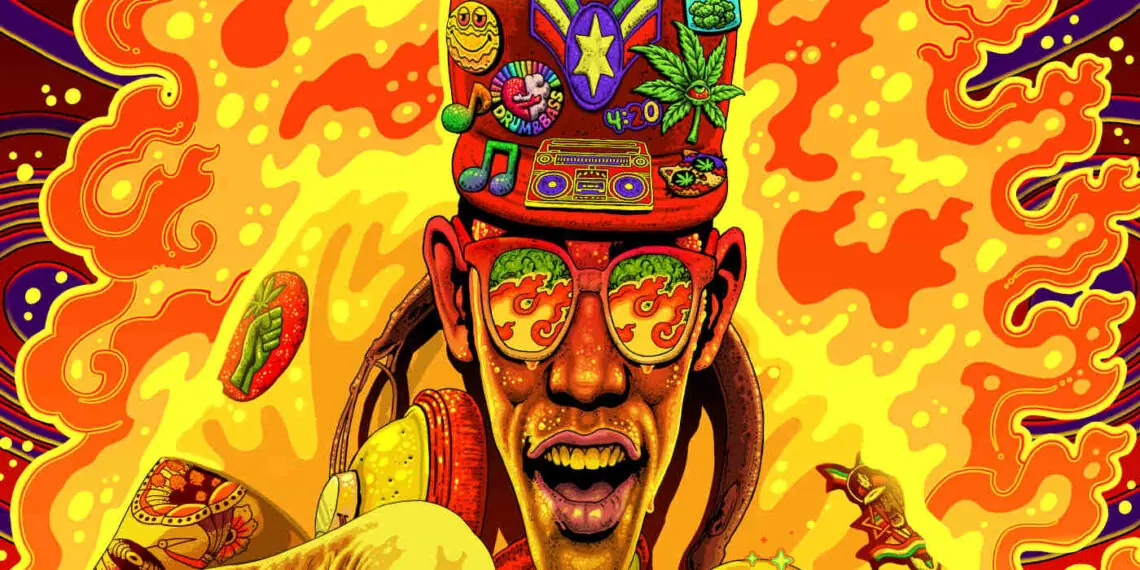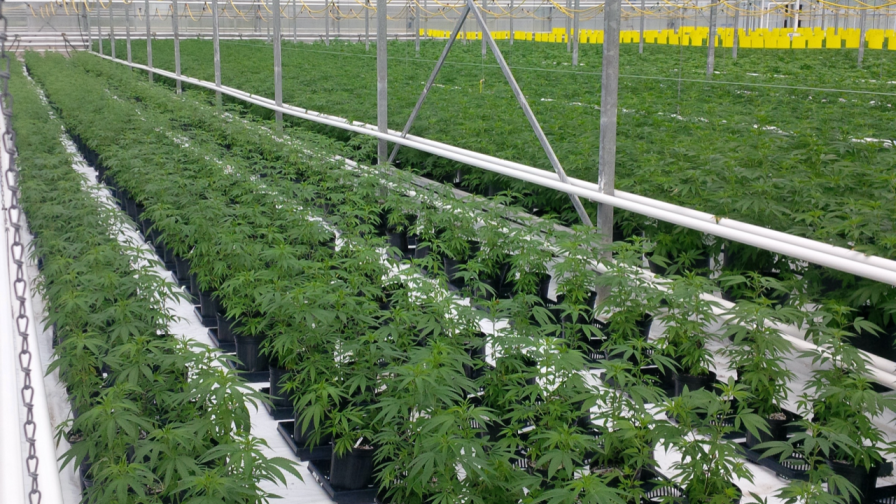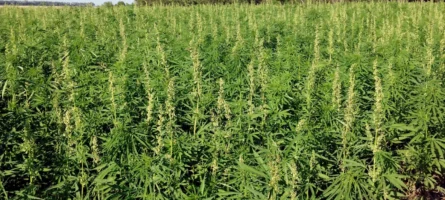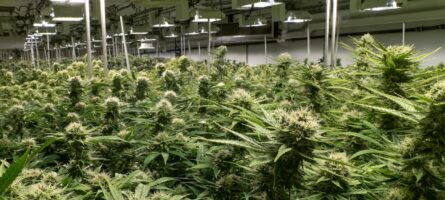Marijuana News
Recent Articles
Unveiling the Ultimate Cannabis Merchandise Must-Haves
The Ultimate Cannabis Merchandise Must-Haves As the cannabis industry continues to expand, so does the variety of merchandise and products available for enthusi Read More »
Elevate Your Next Event with Cannabis-infused Culinary Creations
Elevate Your Next Event with Cannabis-infused Culinary Creations Are you planning a special event and looking for a unique way to impress your guests? Consider Read More »
Biden Pardons those federally charged with possession of Marijuana
“Criminal records for marijuana use and possession have imposed needless barriers to employment, housing, and educational opportunities,” Biden said Read More »
Why Cannabis Business Conferences are a Must-Attend for Entrepreneurs
Why Cannabis Business Conferences are a Must-Attend for Entrepreneurs As the cannabis industry continues to grow and evolve, it is becoming increasingly importa Read More »
Cannabis Unplugged: The Stories Behind Striking Cannabis Photos
Cannabis Unplugged: The Stories Behind Striking Cannabis Photos If you’re a fan of cannabis and photography, then Cannabis Unplugged is a must-see event f Read More »
Exploring the Thriving World of Cannabis Trade Shows: An Inside Look
Exploring the Thriving World of Cannabis Trade Shows: An Inside Look In recent years, the cannabis industry has exploded in popularity, with more and more trade Read More »
Culture
Culture
Unveiling the Ultimate Cannabis Merchandise Must-Haves
The Ultimate Cannabis Merchandise Must-Haves As the cannabis industry continues to expand, so does the variety of merchandise and products available for enthusi Read More »
Cannabis Unplugged: The Stories Behind Striking Cannabis Photos
Cannabis Unplugged: The Stories Behind Striking Cannabis Photos If you’re a fan of cannabis and photography, then Cannabis Unplugged is a must-see event f Read More »
Puff, Puff, Pass the Popcorn: The Best Cannabis Films You Need to See
Puff, Puff, Pass the Popcorn: The Best Cannabis Films You Need to See Are you a fan of cannabis and movies? Well, you’re in luck because there are several Read More »
From Buds to Books: Cannabis Literature and its Growing Popularity
From Buds to Books: Cannabis Literature and its Growing Popularity Cannabis culture has seen a surge in popularity in recent years, and this phenomenon has brou Read More »
Green Glamour: The Rise of Cannabis-Inspired Fashion Trends
Green Glamour: The Rise of Cannabis-Inspired Fashion Trends When you think of cannabis, the first thing that comes to mind is probably not fashion. However, the Read More »
The Intersection of Cannabis & Creativity: Unveiling the World of Cannabis Art
The Intersection of Cannabis & Creativity: Unveiling the World of Cannabis Art Introduction Over the past few years, cannabis has steadily gained acceptance Read More »
Cultivation & Horticulture
Growing
Uncovering the Hidden Hurdles in Cannabis Cultivation: Overcoming the Obstacles
Uncovering the Hidden Hurdles in Cannabis Cultivation: Overcoming the Obstacles Introduction Cannabis cultivation has gained significant popularity in recent ye Read More »
Unraveling the Complex Biology of Cannabis: An In-Depth Look at its Genetic Composition
Unraveling the Complex Biology of Cannabis: An In-Depth Look at its Genetic Composition Introduction Cannabis, also known as marijuana, has been used for variou Read More »
From Seed to Shelf: Exploring the Booming CBD Cultivation Services
From Seed to Shelf: Exploring the Booming CBD Cultivation Services Introduction The cultivation of CBD (cannabidiol) has been on the rise in recent years, thank Read More »
How to Create a Thriving Indoor Weed Garden?
If you’re a passionate cannabis enthusiast looking to cultivate your own thriving indoor weed garden, you’re in for an exciting journey. Growing you Read More »
The Rise of CBD Cultivation Associations: Empowering Farmers and Promoting Quality
The Rise of CBD Cultivation Associations: Empowering Farmers and Promoting Quality Introduction With the increasing popularity and acceptance of CBD (Cannabidio Read More »
Understanding the Importance of CBD and THC Levels in Cannabis Products
Understanding the Importance of CBD and THC Levels in Cannabis Products Introduction Cannabis, a plant known for its medicinal and recreational properties, cont Read More »














